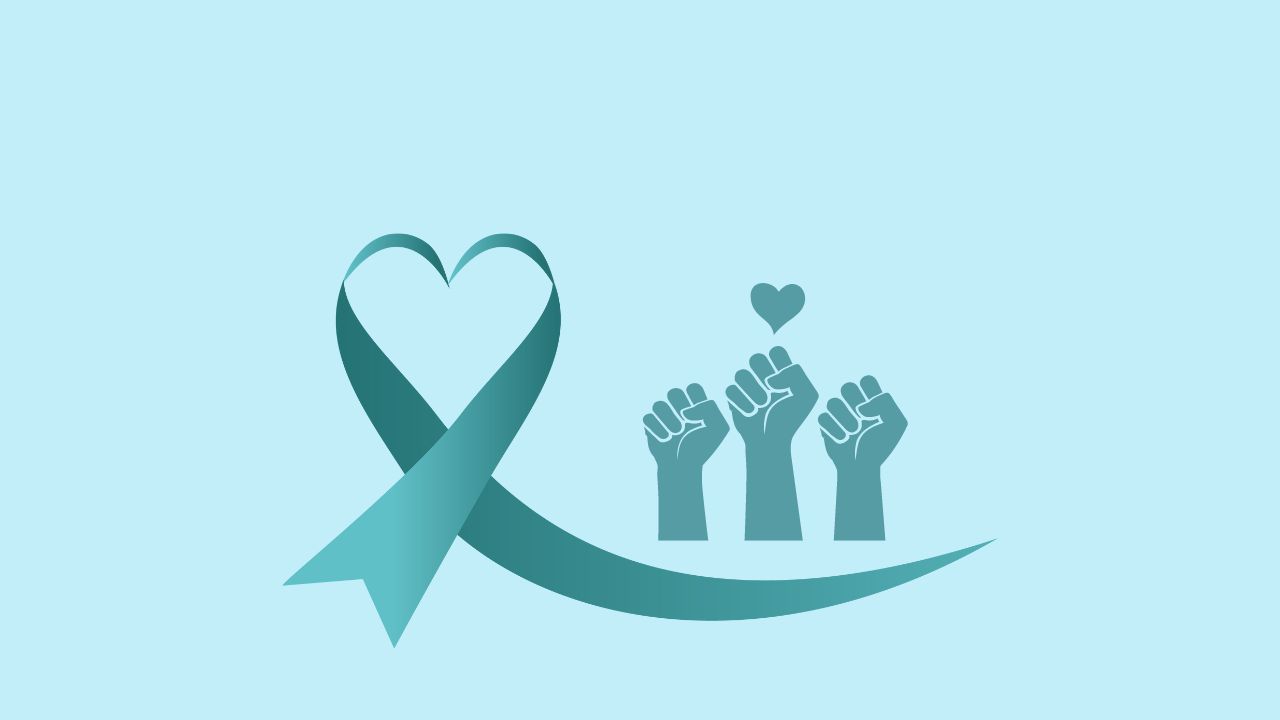
Sexual Assault Awareness | Graphic by Abigail Abbott | The Wright State Guardian
April is Sexual Assault Awareness Month. According to Know Your IX, 1-in-10 college students will be sexually assaulted during their time at university. Different organizations on campus have worked to make students aware of sexual assault and their rights as students.
Awareness and advocacy
Awareness is a very important tool used for advocation purposes. It is important to remain aware of the physical and mental impacts of sexual assault on survivors.
Bobbie Szabo, assistant director of Wright State University’s Women’s Center, talked about the effects of sexual assault.
“Something like sexual assault can severely change a person. It is a life-altering experience that affects everyone involved,” Szabo said.
According to the Center for Women and Families, the first four months of college are considered the “red zone,” with over 84% of female survivors having reported being sexually assaulted within that time period.
While this issue greatly affects women, they are not the only ones impacted. Over 10% of all sexual assault survivors on college campuses are male, according to Know Your Title IX.
There are many ways that someone can advocate for an assault victim, regardless of their gender.
“Volunteering for organizations that help survivors is one way to advocate. There are several online and in-person organizations that take volunteers,” Szabo said. “If you can’t volunteer, just talk about it in person, on social media. Talking can be one of the best forms of advocacy.”
While survivors may be left wondering what they should do, students who were assaulted on a college campus have Title IX on their side.
Title IX and you
Title IX ensures rights to college students and faculty. Title IX includes protections from discrimination based on race, sexuality and gender and sexual crimes, such as harassment, assault, dating violence and rape. This office has many uses and aims to help students who have been affected by these acts.
Dr. Kate Page, the Title IX coordinator at WSU, explains these uses.
“Title IX works for the student. Our office offers several resources to those who need it. We help students decide whether or not to pursue legal action among other resources, like recommendations to counseling, medical care if needed, help with accommodations and other general support,” Page said.
Title IX is a useful tool for college campuses to have, as their main goal is to protect the students and faculty. If a student is under the influence, they are protected from disciplinary action if they were assaulted during that time, and it stays confidential. Students wishing to file a report can remain anonymous if they would like, and students can also report if they are aware of a sexual assault crime but were not involved.
If any WSU student needs to contact the Title IX office, they can email Page.
Student outreach
Several students on the WSU campus have stories to tell regarding assault. Hannah Layton, a nursing major, is one of these students.
“I know a lot of girls in my sorority have had issues with sexual assault. I’ve personally been assaulted once and harassed more times than I can count. We may joke about how it’s the college experience, but it is kind of [messed] up. This is a universal issue for both men and women, and we need to do better at making it okay for students to survive and learn here,” Layton said.
Several events and seminars are coming to bring awareness to WSU’s Dayton and Lake campuses; these events are on Engage.
